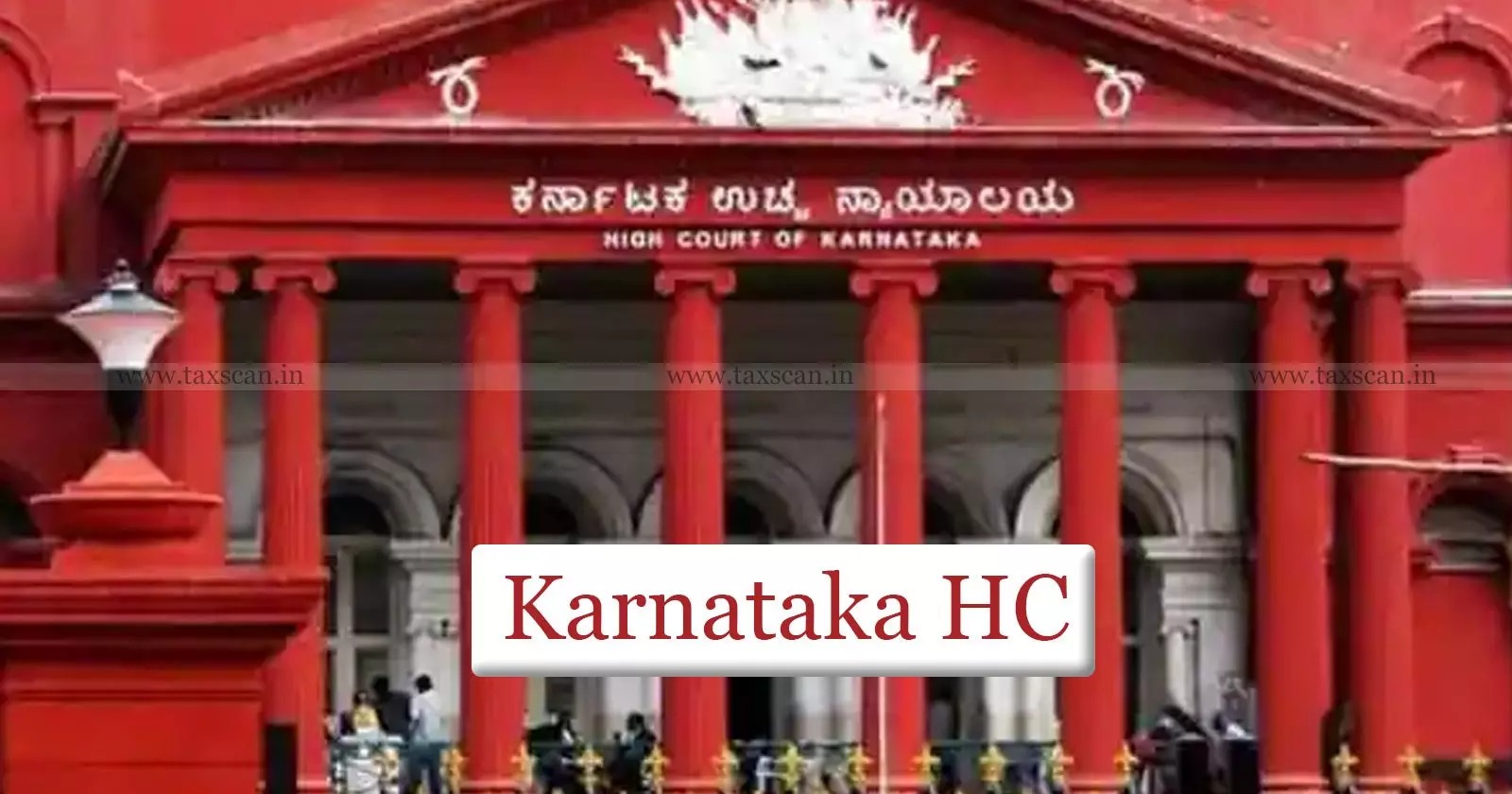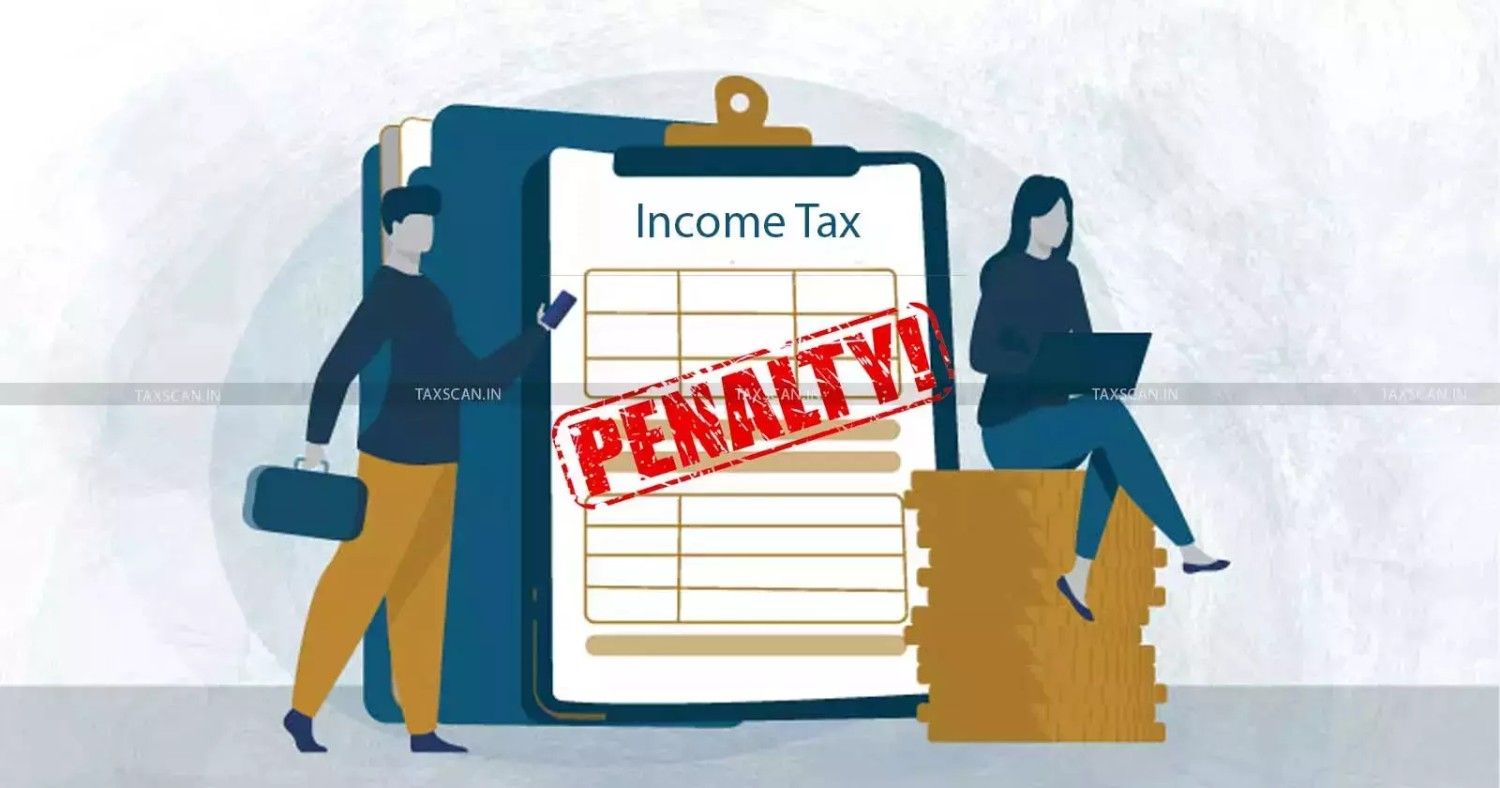Income-Tax Concealment Prosecution can be Quashed even after Trial Court Cognizance: Rajasthan HC Invokes S. 482 CrPC [Read Order]
The Rajasthan High Court held that an income-tax prosecution can be quashed even after cognizance when the case’s foundation no longer exists.
![Income-Tax Concealment Prosecution can be Quashed even after Trial Court Cognizance: Rajasthan HC Invokes S. 482 CrPC [Read Order] Income-Tax Concealment Prosecution can be Quashed even after Trial Court Cognizance: Rajasthan HC Invokes S. 482 CrPC [Read Order]](https://images.taxscan.in/h-upload/2025/11/28/2108532-concealment-taxscan.jfif)
Income-Tax Concealment Prosecution Can Be Quashed Even After Cognizance: Rajasthan HC Invokes S. 482 CrPC
The Rajasthan High Court explained that even when a trial court has already taken cognizance of a complaint alleging a wilful attempt to evade tax, the High Court may still quash the prosecution under Section 482 of the Code of Criminal Procedure (CrPC) if the continuation of the proceedings would amount to an abuse of process.
Nagendra Choudhary, the petitioner, filed a criminal miscellaneous petition challenging the prosecution launched against him under Section 276C(1) of the Income Tax Act. The complaint was filed after a search conducted on 4 September 2013, and the trial court took cognizance on 6 April 2017.
The Income Tax Appellate Tribunal had removed the penalty under Section 271AAB after examining the seized material and finding no undisclosed income.
The petitioner’s counsel argued that even though cognizance had been taken, the High Court could still exercise its inherent powers because the basis of the prosecution no longer existed after the Tribunal found no concealment. They argued that forcing the petitioner to continue facing a criminal case when the factual foundation had already been set aside would be unjust.
 Also Read: Heavy Rainfall Valid Reason for Income Tax Delay: Karnataka HC Quashes Commissioner's Order [Read Order]
Also Read: Heavy Rainfall Valid Reason for Income Tax Delay: Karnataka HC Quashes Commissioner's Order [Read Order]
The department’s counsel argued that the petitioner had not challenged the cognizance order earlier and that the prosecution should continue. They also argued that the department’s appeal against the Tribunal’s order was pending before the High Court.
The Bench comprising Justice Anand Sharma observed that taking cognizance does not prevent the High Court from acting under Section 482 Code of Criminal Procedure (CrPC) when the material on record shows that continuing the prosecution would be unfair.
The court pointed out that the inherent power of the High Court exists to prevent misuse of the legal process and is not taken away merely because the trial court has proceeded to the stage of cognizance.
The court explained that once the tribunal, which is the final fact-finding body, held that there was no undisclosed income, the facts supporting the prosecution no longer survived.
The bench explained that the Supreme Court ruling in Mukesh v. State of Uttar Pradesh has made it clear that a quashing petition cannot be rejected only because the case has moved beyond the filing stage. They stated that the High Court must intervene when the continuation of a criminal case would not serve justice.
Complete Supreme Court Judgment on GST from 2017 to 2024 with Free E-Book Access, Click here
The court held that the prosecution could be quashed even after cognizance because the Tribunal’s findings had removed the very foundation of the criminal complaint. The court quashed the criminal proceedings in Criminal Case No. 140/2017, with liberty to the department to seek revival of the prosecution if its appeal against the Tribunal’s order succeeds.
Support our journalism by subscribing to Taxscan premium. Follow us on Telegram for quick updates



